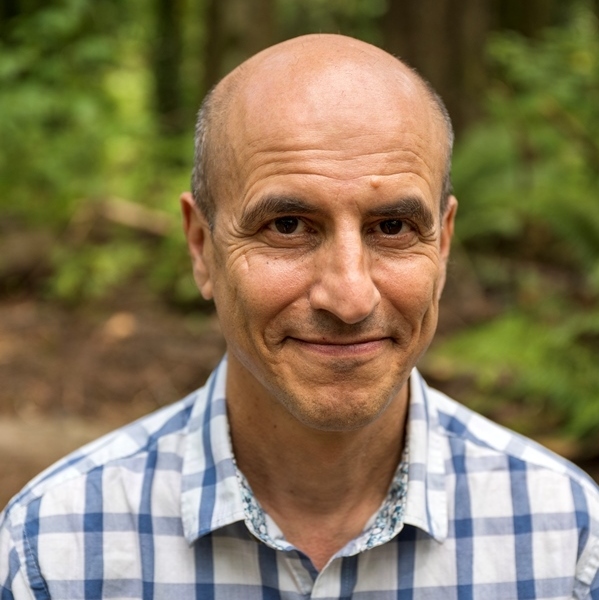
“The wound is the place where the Light enters you.”
—Rumi
I was relinquished and adopted twice, first as an infant and again when I was nine years old. Before I reached my tenth birthday, I had already been called by three different names. And each time a name was taken from me, literally removed from my birth certificate, I was torn from the relationships, places, stories and histories that shaped my identity and sense of belonging.
My name is Julian, a name I hold dear to my heart because I chose it. Like a tuning fork, it hums at just the right frequency to convey who I am.
My path weaves through diverse traditions and communities. I first committed to a spiritual practice in earnest with Zen meditation, sitting in silence and opening to the great mystery of existence. Later, I lived as a Catholic Benedictine monk, praying in solitude and community and absorbing the rhythms of monastic life. It was here in the monastery that I received the name Julian in a communal ceremony, after the 14th century English mystic, Julian of Norwich. More recently, I have turned toward the Nothing Place—the term I coined with an adoptee therapist to describe the experience of primal separation and nonexistence carried by adoptees. Paradoxically, this place of rupture has become for me an invitation to greater spiritual depth, intimacy, and transformation.
While I draw primarily from the Christian contemplative tradition in my writing, I do so from an interspiritual perspective—which is to say, I also draw from other traditions without needing to privilege or claim my own as superior. I write not from certainty but with curiosity and wonder, reflecting on the path as I walk it.
I feel passionate about questions at the intersection of spirituality and the impacts of relinquishment and adoption: What does it mean to pray as people who suffered shattering loss at the root of our becoming? How might our hunger for belonging blossom into a felt sense of communion with life? What unique vulnerabilities and gifts do we adoptees bring to the spiritual journey? I hope these reflections speak not only to fellow adoptees, but to all who ache with questions of identity and belonging and thirst for intimacy with the Divine Presence.
